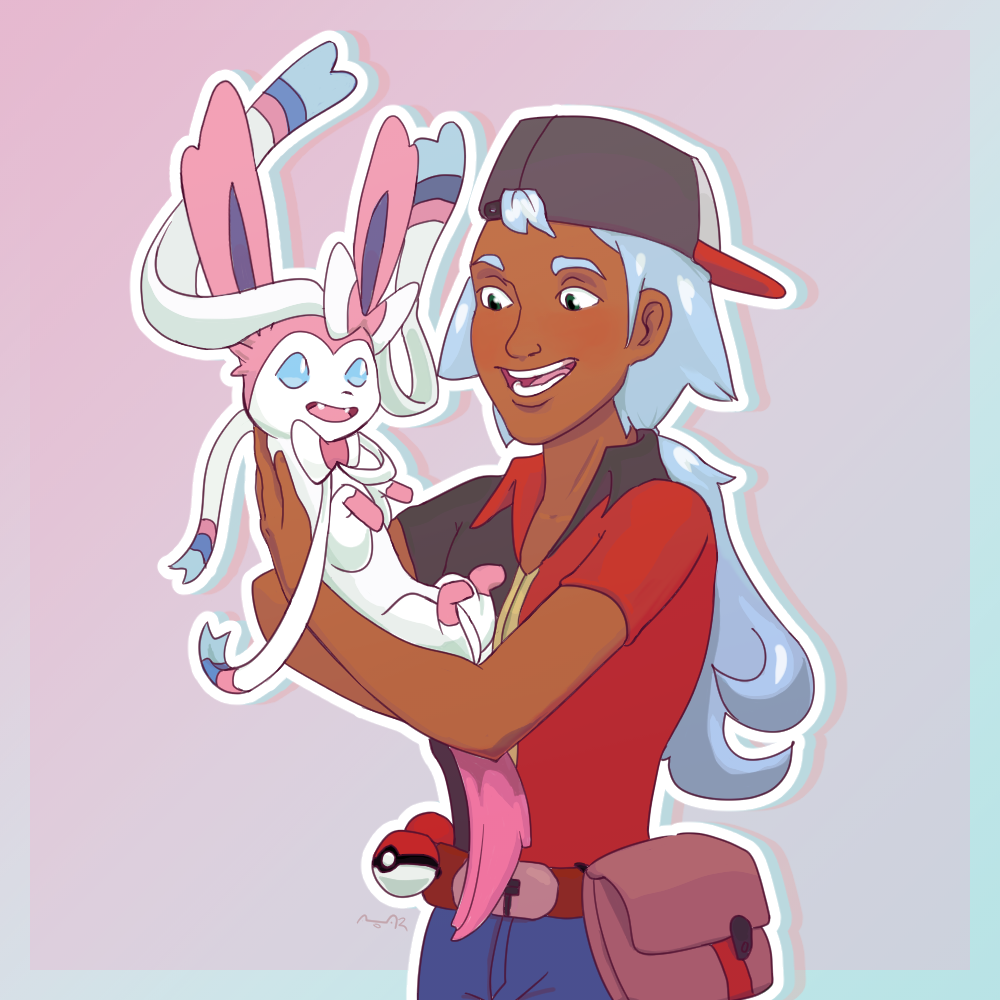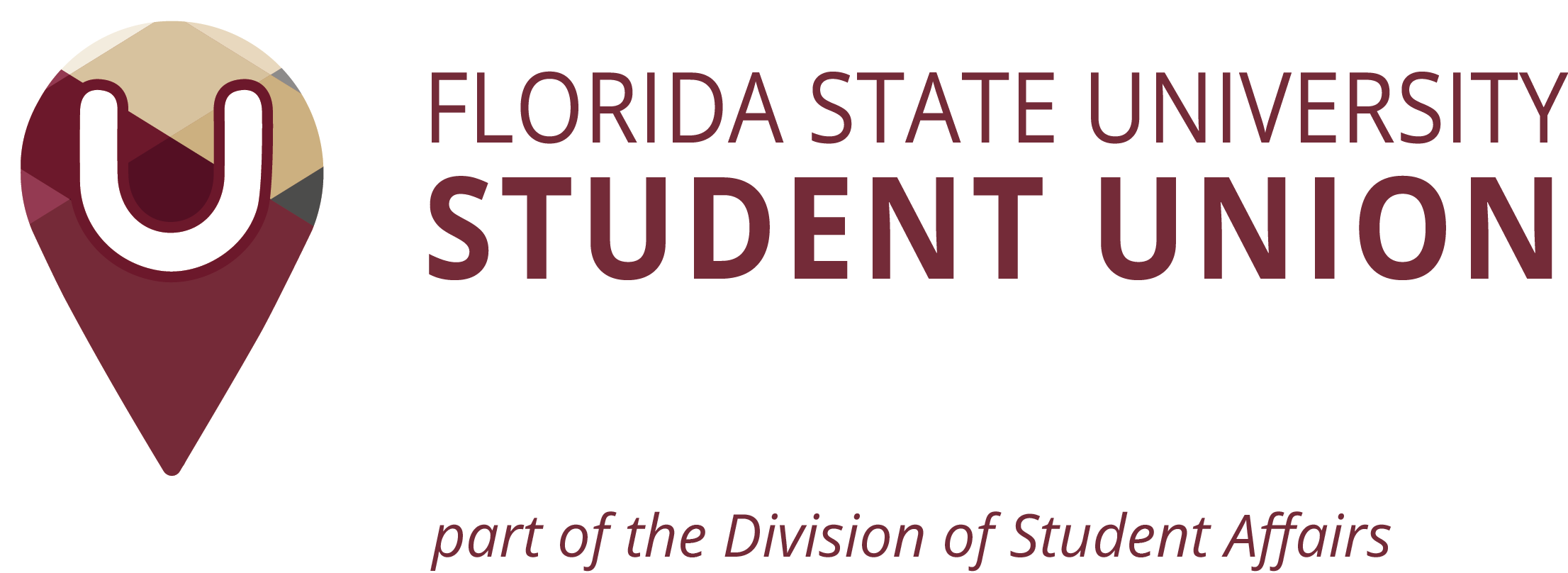Please visit response.fsu.edu for official FSU updates and resources.
Breaking the Video Game Binary
 Queer representation is important. Queer people are an important but often overlooked societal group who frequently lack representation in the media they consume. While this applies to every form of media, this especially applies towards video games, which have infamously been a medium in which the existence of queerness is overlooked. And while many games in recent years have had explicitly queer characters, there is still so much further to go to create a gaming scene that is truly inclusive of queer identities and extends outside the written story.
Queer representation is important. Queer people are an important but often overlooked societal group who frequently lack representation in the media they consume. While this applies to every form of media, this especially applies towards video games, which have infamously been a medium in which the existence of queerness is overlooked. And while many games in recent years have had explicitly queer characters, there is still so much further to go to create a gaming scene that is truly inclusive of queer identities and extends outside the written story.
Video games are one of the most immersive vessels for entertainment-based media. You, as the player, are the hero in a first-person story, and even when you play from a third-person perspective, you see yourself in the characters. You follow them in all their struggles and achievements and often you see them as an extension of yourself. While in some games, you may be playing as a specific character whose story you are essentially reenacting, other characters are specifically designed to be a vessel that represents the player. A game like Pokémon, for example, allows you the very basic customization of your name, and in many versions, a choice between a “boy” and a “girl” character. These are not options players can later change, so the option a child chose when they began the game is something that can become a harmful reminder if they pick the game back up later in life.
Nintendo as a brand has gotten a little better with their gender customization options in Animal Crossing: New Horizons (ACNH), a game in which none of the clothing items are gender-locked, unlike former iterations in the series. Additionally, the gender you choose at the beginning of the game does not affect the dialogue and gameplay in any way, as all of the villagers refer to you with they/them pronouns. However, there’s still a glaring issue that sticks around from the previous Animal Crossing games that also affects even the modern Pokémon games, which is that in real life, there are not only two genders. Even if they were to add a “non-binary” or “other” option, this would be putting non-binary genders into a third, binary category when there are hundreds of ways people can identify outside of “boy” and “girl.”
ACNH also has another problem, which is that much like Pokémon, once you name yourself in-game, your name is permanent for as long as you keep that save file. In my opinion, the ideal way to be inclusive in a game with any character customization options is to not ask about your gender at all. If it’s a game that would customize pronouns based on gender, it could instead provide an option for a custom set of pronouns and allow players to customize their name and pronouns at any time. This isn’t relevant to every video game, of course. In certain games, like Resident Evil, players recognize that they’re playing as Ethan Winters and not themselves. In some ways, that step back from complete immersion provides an element of solace, particularly in horror games.
Overall, the easiest way for game developers to make sure their game acknowledges queer existence is to extend their player customization options and allow them to be changed. People are not one-size-fits-all and people’s identities are not stagnant, and allowing your game to recognize that would be a huge step in welcoming everyone to play.
Art by: Al Kilkelly | Instagram



